Home>Home Maintenance>What Happens If A Buyer Does Not Have An Inspection Done Within 7 Days Of Contract?


Home Maintenance
What Happens If A Buyer Does Not Have An Inspection Done Within 7 Days Of Contract?
Modified: March 6, 2024
Find out the consequences when a buyer fails to schedule a home inspection within 7 days of signing the contract. Ensure timely #home-maintenance to avoid potential issues.
(Many of the links in this article redirect to a specific reviewed product. Your purchase of these products through affiliate links helps to generate commission for Storables.com, at no extra cost. Learn more)
Introduction
Welcome to the world of home maintenance! Whether you’re a new homeowner or have been living in your house for years, it’s important to stay on top of regular inspections and maintenance tasks to keep your home in tip-top shape. In this article, we will explore the significance of home inspections and what happens if a buyer does not have an inspection done within 7 days of signing the contract.
Buying a home is a major investment, and it’s crucial to ensure that you are aware of any hidden issues or potential problems before finalizing the purchase. Home inspections help identify structural problems, electrical and plumbing issues, and any other defects that could affect the safety and value of the property. By conducting an inspection, buyers can make informed decisions and negotiate repairs or price adjustments if necessary.
Now, let’s delve deeper into what the 7-day inspection period entails and what consequences may arise if a buyer fails to have an inspection done within this timeframe.
Key Takeaways:
- Don’t Skip the Inspection!
Buyers should never skip the 7-day inspection period when purchasing a home. Skipping the inspection can lead to unexpected issues, missed negotiation opportunities, and potential legal and financial consequences. - Hire a Pro Inspector
Hiring a qualified home inspector is crucial. They provide valuable insights, protect buyers’ interests, and help avoid costly surprises. Don’t underestimate the importance of a thorough inspection!
Importance of Home Inspections
Home inspections play a vital role in the homebuying process, serving as a crucial step to protect both buyers and sellers. It’s essential to understand the significance of these inspections and why they should never be overlooked.
First and foremost, a thorough home inspection helps uncover any existing or potential issues with the property. Trained professionals will examine the structural components, electrical systems, plumbing, HVAC, and more, identifying any problems that may not be visible to the untrained eye. This includes issues such as roof leaks, faulty wiring, plumbing leaks, foundation cracks, and mold infestations. By identifying these issues early on, buyers can make informed decisions and avoid purchasing a money pit.
Moreover, home inspections provide buyers with an opportunity to renegotiate the purchase price or request repairs. If the inspection reveals significant problems or safety hazards, buyers can work with their real estate agent to negotiate with the seller for a reduction in price or for necessary repairs to be completed before closing the sale. This can help protect the buyer’s investment and ensure they are not left with unexpected costs after the purchase.
Additionally, home inspections provide peace of mind. Knowing that your future home has been thoroughly examined by a professional can alleviate any anxieties or concerns you may have. It allows you to move forward with the purchase with confidence, knowing that the property is in good condition and meets your expectations.
Home inspections also serve as a learning experience for buyers. During the inspection, the inspector will often explain the various systems and components of the home and provide maintenance tips and recommendations. This knowledge can prove invaluable for homeowners, empowering them to properly maintain their property and potentially prevent costly repairs down the line.
Lastly, home inspections can be a safety precaution. Identifying safety hazards such as faulty wiring, carbon monoxide leaks, or asbestos presence can protect buyers and their families from potential health risks. Ensuring a safe living environment should always be a top priority.
In summary, home inspections are integral to the homebuying process, providing invaluable information, negotiation opportunities, peace of mind, and potential cost savings. No matter how enticing a property may seem, never underestimate the importance of a thorough inspection.
Understanding the 7-Day Inspection Period
When a buyer enters into a real estate contract, it typically includes an inspection contingency, which allows the buyer a specified amount of time to conduct a professional inspection of the property. This timeframe, commonly known as the 7-day inspection period, is a critical window for the buyer to evaluate the condition of the property and make informed decisions based on the inspection report.
During the 7-day inspection period, the buyer has the opportunity to hire a qualified home inspector to thoroughly assess the property. The inspection will cover various aspects, including the structural integrity, electrical systems, plumbing, HVAC, and other components of the house. The inspector will provide a detailed report highlighting any issues or deficiencies that are found.
It’s important to note that the specific duration of the inspection period may vary depending on local customs, market conditions, and the terms agreed upon in the purchase contract. In some cases, it may be shorter or longer than 7 days. It’s crucial for buyers to familiarize themselves with the contractual obligations and deadlines to ensure they comply with the specified timeframe.
During this period, it is the buyer’s responsibility to coordinate with the seller or the seller’s agent to schedule and access the property for the inspection. The seller is expected to provide reasonable access to the buyer and the inspector to perform the necessary evaluations. It’s important to be proactive and schedule the inspection as soon as possible to allow adequate time for further negotiations or actions based on the inspection findings.
Buyers should be prepared to incur the cost of the inspection, as it is typically the responsibility of the buyer to cover this expense. However, considering the potential insights and benefits gained from a professional inspection, the cost is a worthwhile investment in ensuring the integrity and condition of the property.
Once the inspection is complete, the buyer will receive a written report detailing the findings. This report will outline any defects, deficiencies, or safety concerns identified during the inspection. Depending on the severity of the issues, the parties may engage in negotiations to address these concerns by requesting repairs, credits, or price reductions.
In summary, the 7-day inspection period provides buyers with a crucial opportunity to thoroughly assess the condition of the property and make informed decisions. It’s essential for buyers to understand the timeline and obligations stipulated in the purchase contract and to schedule the inspection promptly to allow for further negotiations if necessary.
Consequences of Not Having an Inspection within 7 Days
While the 7-day inspection period is designed to protect buyers and provide them with an opportunity to assess the condition of a property, failing to have an inspection done within this timeframe can have consequences. Here are some potential ramifications of not conducting an inspection within the specified window:
1. Limited Knowledge of the Property: By not having an inspection, the buyer is essentially entering into the purchase blindly. They will have limited information about the property’s condition and any potential issues that may exist. This can lead to unwanted surprises and costly repairs in the future.
2. Inability to Negotiate: The inspection period is when buyers can negotiate repairs or price adjustments based on the inspection report. If inspections are not conducted within the specified timeframe, buyers lose the opportunity to request repairs or financial concessions from the seller to address any identified issues.
3. Increased Risk: Without a professional inspection, buyers assume a higher level of risk. They may unknowingly purchase a property with hidden defects or safety hazards that could result in additional expenses or even compromise their well-being and that of their family.
4. Mortgage Loan Implications: Certain loan programs require a home inspection as part of the lending process. Not having an inspection within the specified timeframe may impact the buyer’s ability to secure financing or lead to delays in the loan approval process.
5. Legal Consequences: In some cases, the failure to have an inspection within the designated timeframe could have legal ramifications. It could potentially affect the buyer’s ability to pursue legal recourse if significant defects or material misrepresentations about the property are discovered after closing the sale.
It’s important to emphasize that the consequences of not having an inspection within the 7-day timeframe will vary depending on the jurisdiction, local real estate practices, and the specific terms of the purchase contract. However, these potential ramifications highlight the significance and importance of conducting a thorough inspection during the designated period.
Ultimately, it’s in the best interest of the buyer to have a professional inspection done within the specified timeframe. It provides valuable insights into the condition of the property, allows for informed decision-making, and offers the opportunity to negotiate repairs or adjustments before finalizing the purchase. By prioritizing the inspection process, buyers can mitigate risks and ensure a smooth and secure homebuying experience.
Waiving the Inspection Contingency
When purchasing a home, buyers typically include an inspection contingency in their purchase contract. This contingency gives them the right to conduct a professional inspection of the property and negotiate repairs or adjustments based on the findings. However, there may be situations where buyers choose to waive this contingency, meaning they forego the opportunity to have an inspection done. Let’s explore the reasons behind waiving the inspection contingency and the potential implications.
There are a few scenarios where buyers might consider waiving the inspection contingency. One common situation is in competitive real estate markets where multiple offers are received for a property. To make their offer stand out, buyers may choose to waive the inspection contingency to streamline the transaction and present a more attractive offer to the seller. In these cases, buyers are essentially taking a calculated risk, relying on their own knowledge and assessment of the property’s condition.
Another scenario where buyers may choose to waive the inspection contingency is when purchasing a new construction home. Buyers often assume that a newly built home will be free from major defects, considering that it should adhere to local building codes and regulations. However, it’s important to note that even new constructions can have hidden issues that may not be apparent without an inspection. Waiving the inspection contingency in this instance requires careful consideration and thorough research on the builder’s reputation and track record.
It’s crucial to understand the potential implications of waiving the inspection contingency. By doing so, buyers are accepting the property in its current condition, with all its known and unknown defects. This means they will bear the responsibility and cost of any repairs or issues that arise after the sale is finalized.
Waiving the inspection contingency also means buyers relinquish their ability to negotiate repairs or price adjustments based on the inspection report. Without the opportunity to identify and address any issues, buyers may be left to deal with unforeseen expenses and repairs that could have been negotiated or resolved prior to closing.
Buyers who choose to waive the inspection contingency should conduct thorough due diligence. This may involve researching the property’s history, reviewing any available documentation, and consulting with experts or professionals in relevant fields to gain insights into potential risks or issues.
It’s important to consult with a trusted real estate professional and potentially engage a lawyer to fully understand the legal and financial implications of waiving the inspection contingency. They can provide guidance and ensure that buyers are making informed decisions based on their specific circumstances and risk tolerance.
In summary, waiving the inspection contingency is a strategic decision that buyers may make in certain situations. However, it comes with inherent risks and responsibilities. Careful consideration, thorough research, and expert guidance are essential when contemplating the waiver of this important contingency.
It’s important for buyers to schedule a home inspection within 7 days of signing the contract. If they don’t, they may lose the opportunity to negotiate repairs or back out of the deal if major issues are found later.
Negotiating Repairs After the Inspection Period
After completing a home inspection, buyers often have the opportunity to negotiate repairs or request credits towards closing costs based on the inspection findings. This negotiation process takes place after the inspection period, and it’s important for buyers to understand how to effectively navigate this stage of the homebuying process.
Once the buyer receives the inspection report, they should carefully review it with their real estate agent to identify any significant issues or safety concerns. It’s essential to prioritize the repairs or remedies that are most important to the buyer’s comfort and the property’s integrity.
With this information in hand, buyers can then approach the seller or the seller’s agent to discuss their concerns and proposed resolutions. It’s important to approach these negotiations in a respectful and reasonable manner, focusing on the most crucial repairs and finding a fair middle ground that benefits both parties.
The negotiation can take different forms. In some cases, buyers may request that the seller take care of necessary repairs before closing. Alternatively, buyers may ask for a credit towards their closing costs to offset the expenses of fixing the identified issues themselves after the sale. Both options can be viable, depending on the circumstances and the willingness of the seller.
When entering negotiations, it’s important for buyers to be prepared and armed with evidence to support their requests. This can include quotes or estimates from contractors or other professionals that outline the costs involved in the repairs. Providing clear documentation and justification helps strengthen the buyer’s position and increases the likelihood of reaching a mutually beneficial resolution.
In some cases, the seller may be unwilling or financially unable to address all the requested repairs. In such situations, buyers can consider prioritizing the most critical repairs and negotiating for a price reduction based on the estimated costs of those repairs. This allows buyers to retain control over the repairs while still receiving compensation for the issues identified during the inspection.
Ultimately, the negotiation process after the inspection period requires effective communication, patience, and a willingness to compromise. It’s important for buyers to maintain a realistic perspective and prioritize essential repairs or safety concerns.
Working with a knowledgeable real estate agent can greatly assist buyers during this negotiation process. Agents can provide guidance and leverage their experience to navigate these discussions more effectively. They can also advocate for the buyer’s interests and help strike a balance between addressing necessary repairs and maintaining a positive relationship with the seller.
In summary, negotiating repairs after the inspection period is a crucial step in the homebuying process. By approaching these negotiations with clarity, evidence, and a willingness to compromise, buyers can ensure that necessary repairs are addressed, contributing to a smooth and successful transaction.
Hiring a Professional Inspector
When it comes to home inspections, it’s essential to hire a qualified and experienced professional inspector. A professional inspector plays a critical role in providing an objective assessment of the property, identifying any defects or potential issues that may exist. Let’s explore why it’s important to hire a professional inspector and what to consider when making this important decision.
First and foremost, professional inspectors have the knowledge, expertise, and training to thoroughly evaluate the various components of a home. They are familiar with building codes, industry standards, and common issues that can arise in residential properties. This helps ensure a comprehensive inspection that covers all the essential areas, providing buyers with a clear understanding of the property’s condition.
Professional inspectors typically follow a standardized checklist or methodology, which helps ensure consistency and thoroughness in their evaluations. They will inspect the structural integrity, electrical systems, plumbing, HVAC, roofing, and other critical aspects of the property. Their expertise allows them to identify potential problems or safety hazards that may not be obvious to the untrained eye.
When hiring a professional inspector, it’s crucial to look for individuals who are licensed, certified, or affiliated with reputable inspection organizations. These credentials provide assurance that the inspector has met specific industry standards and has ongoing professional development to keep their skills up to date. It’s also important to inquire about their experience and how many inspections they have conducted in the past.
Consider asking for references or testimonials from past clients to gauge the inspector’s reputation and the quality of their work. Word-of-mouth recommendations from trusted sources, such as friends, family, or your real estate agent, can also help guide your decision.
Another critical aspect to consider is the inspector’s transparency and willingness to educate buyers. A good inspector will take the time to explain their findings, answer any questions, and provide suggestions for maintenance and repairs. Their ability to communicate effectively is crucial in ensuring that buyers fully understand the inspection report and can make informed decisions.
While cost should not be the sole determining factor, it is important to consider the fees associated with hiring a professional inspector. Typically, the cost of the inspection will depend on the size and complexity of the property. It’s important to weigh the cost against the potential benefits and peace of mind that come with a thorough inspection.
It’s worth noting that the inspector works for the buyer and has a fiduciary duty to provide an accurate and unbiased assessment of the property. This means their loyalty is to their client, and they have no personal interest in the outcome of the transaction. This independence is vital to ensure an objective evaluation and protect the buyer’s interests.
In summary, hiring a professional inspector is a crucial step in the homebuying process. Their knowledge, expertise, and impartiality provide buyers with essential information to make informed decisions. By conducting due diligence in selecting a qualified inspector, buyers can have confidence in the integrity of the property and avoid potential surprises or costly repairs after the sale.
Tips for a Smooth Inspection Process
Having a smooth and successful home inspection is essential for buyers to gain a comprehensive understanding of the property’s condition. Here are some tips to ensure a seamless inspection process:
1. Schedule the Inspection Promptly: As soon as the purchase contract is signed, schedule the inspection as early as possible within the specified timeframe. This allows ample time for the inspection and any subsequent negotiations or actions based on the findings.
2. Choose a Qualified Inspector: Research and hire a reputable and experienced professional inspector. Look for credentials, such as licenses or certifications, and consider recommendations from trusted sources. A qualified inspector brings the expertise needed to conduct a thorough evaluation of the property.
3. Be Present During the Inspection: Attend the inspection personally or have your real estate agent represent you. Being present allows you to ask questions, gain insights into the property, and address any concerns in real-time. It’s an opportunity to learn about the home’s systems and maintenance recommendations directly from the inspector.
4. Prepare a List of Questions: Before the inspection, prepare a list of questions or areas of specific concern you would like the inspector to address. This can help ensure that all your queries are answered and that you have a comprehensive understanding of the property’s condition.
5. Take Notes and Photos: Take notes during the inspection to document any issues, recommendations, or important information provided by the inspector. Additionally, taking photos can be helpful for future reference or when discussing findings with different parties involved in the transaction.
6. Follow Safety Precautions: During the inspection, prioritize your safety. Stay clear of areas where the inspector is working and avoid touching any exposed electrical or plumbing components. If necessary, wear appropriate protective clothing, such as gloves or a mask, when inspecting potentially hazardous areas like attics or crawl spaces.
7. Review the Inspection Report Carefully: Once the inspection is complete, carefully review the inspection report provided by the inspector. Pay close attention to any major issues or safety concerns identified in the report. Discuss the report with your real estate agent to fully understand its implications.
8. Act Promptly on Necessary Repairs: If the inspection report reveals any significant issues, promptly address them. Engage qualified professionals to further assess the concerns and obtain repair estimates. This will help inform negotiations and allow for timely resolution of any necessary repairs or remedies.
9. Maintain Open Communication: Maintain open and transparent communication with your real estate agent, the seller, and the inspector throughout the process. This ensures that everyone involved is on the same page and can work together to address any identified concerns.
10. Consider Further Specialized Inspections: Depending on the findings of the general home inspection, you may want to consider further specialized inspections. This could include inspections for pests, mold, radon, or other environmental concerns specific to the property’s location or condition.
By following these tips, buyers can help facilitate a smooth inspection process and gain a comprehensive understanding of the property’s condition. Being proactive, well-prepared, and responsive to the inspection findings can contribute to a successful homebuying experience.
Conclusion
Home inspections are a vital component of the homebuying process, providing invaluable insights into the condition of a property. The 7-day inspection period allows buyers to thoroughly evaluate the property and negotiate repairs or price adjustments based on the inspection report.
It is crucial for buyers to prioritize the inspection process and hire a qualified professional inspector. A thorough inspection can uncover hidden defects, safety hazards, and potential issues that may affect the value and livability of the property. By conducting due diligence and hiring a reputable inspector, buyers can make informed decisions, negotiate with confidence, and avoid costly surprises after the purchase.
While it may be tempting to waive the inspection contingency in certain situations, such as in competitive markets or when purchasing new construction homes, it is important to consider the potential risks and implications. Waiving the inspection contingency means taking on potential liabilities and forgoing the opportunity to negotiate repairs or adjustments based on the inspection findings.
Throughout the inspection process, buyers should communicate openly with their real estate agent, the seller, and the inspector. Being present during the inspection, asking questions, and taking notes can provide a deeper understanding of the property and facilitate proactive decision-making.
Ultimately, the goal of the inspection process is to ensure that buyers have a clear understanding of the property’s condition and address any necessary repairs or safety concerns before finalizing the purchase. By following best practices, being diligent, and working collaboratively with relevant parties, buyers can navigate the inspection process smoothly and confidently.
Remember, a home inspection is an investment in your peace of mind and the long-term well-being of your new home. By prioritizing the inspection process, you can proceed with the purchase knowing that you have made an informed decision and protected your interests.
Frequently Asked Questions about What Happens If A Buyer Does Not Have An Inspection Done Within 7 Days Of Contract?
Was this page helpful?
At Storables.com, we guarantee accurate and reliable information. Our content, validated by Expert Board Contributors, is crafted following stringent Editorial Policies. We're committed to providing you with well-researched, expert-backed insights for all your informational needs.
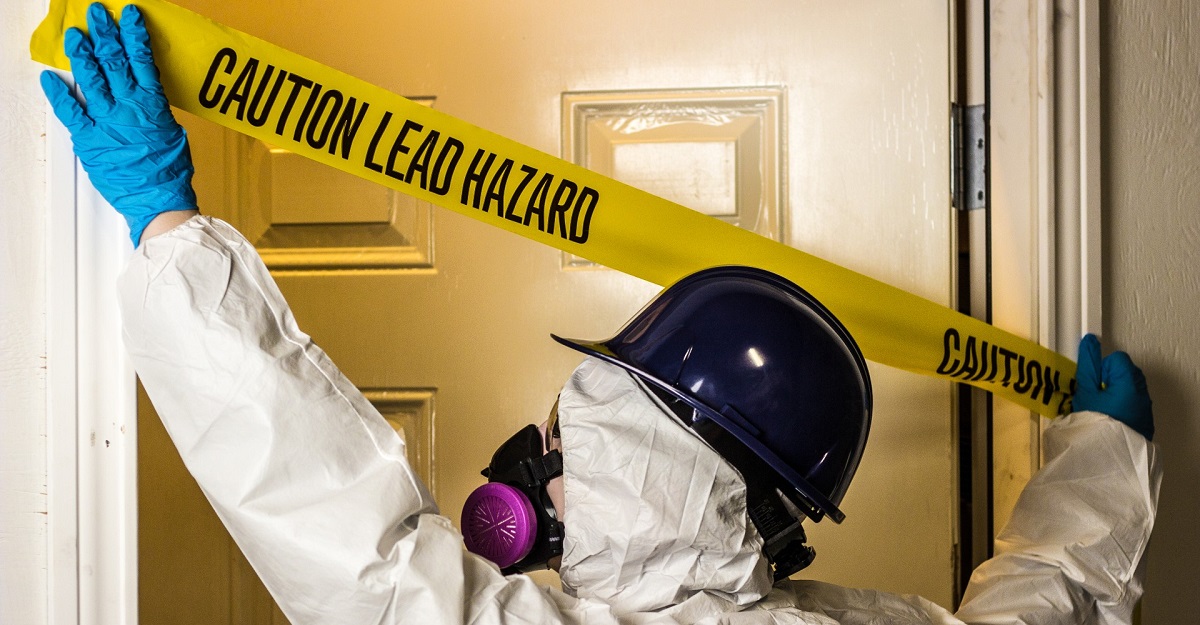
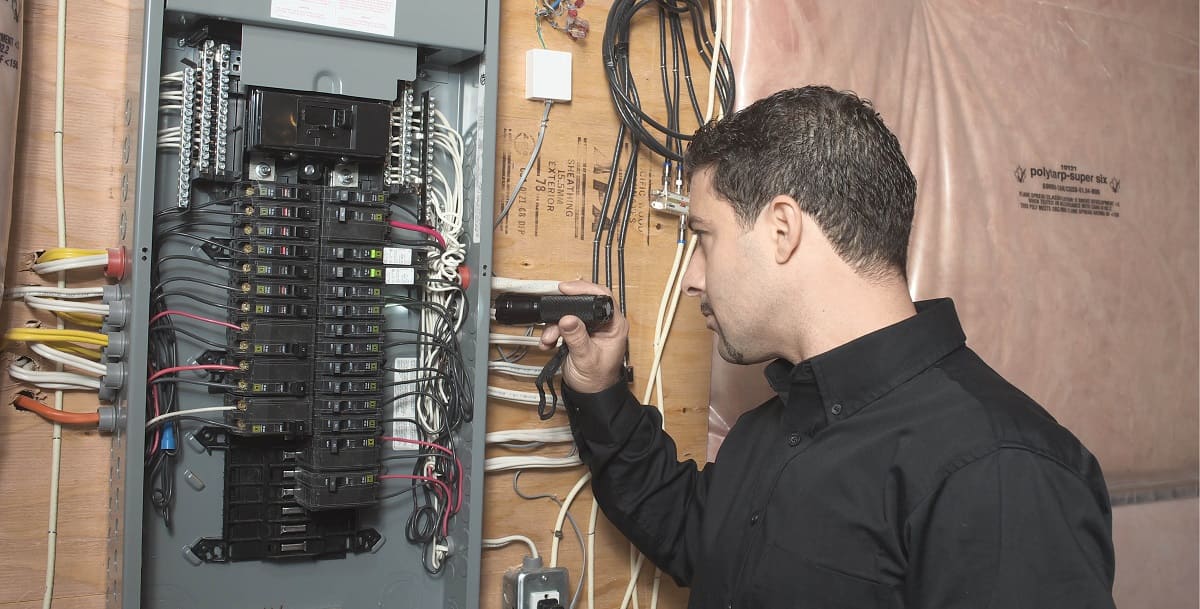
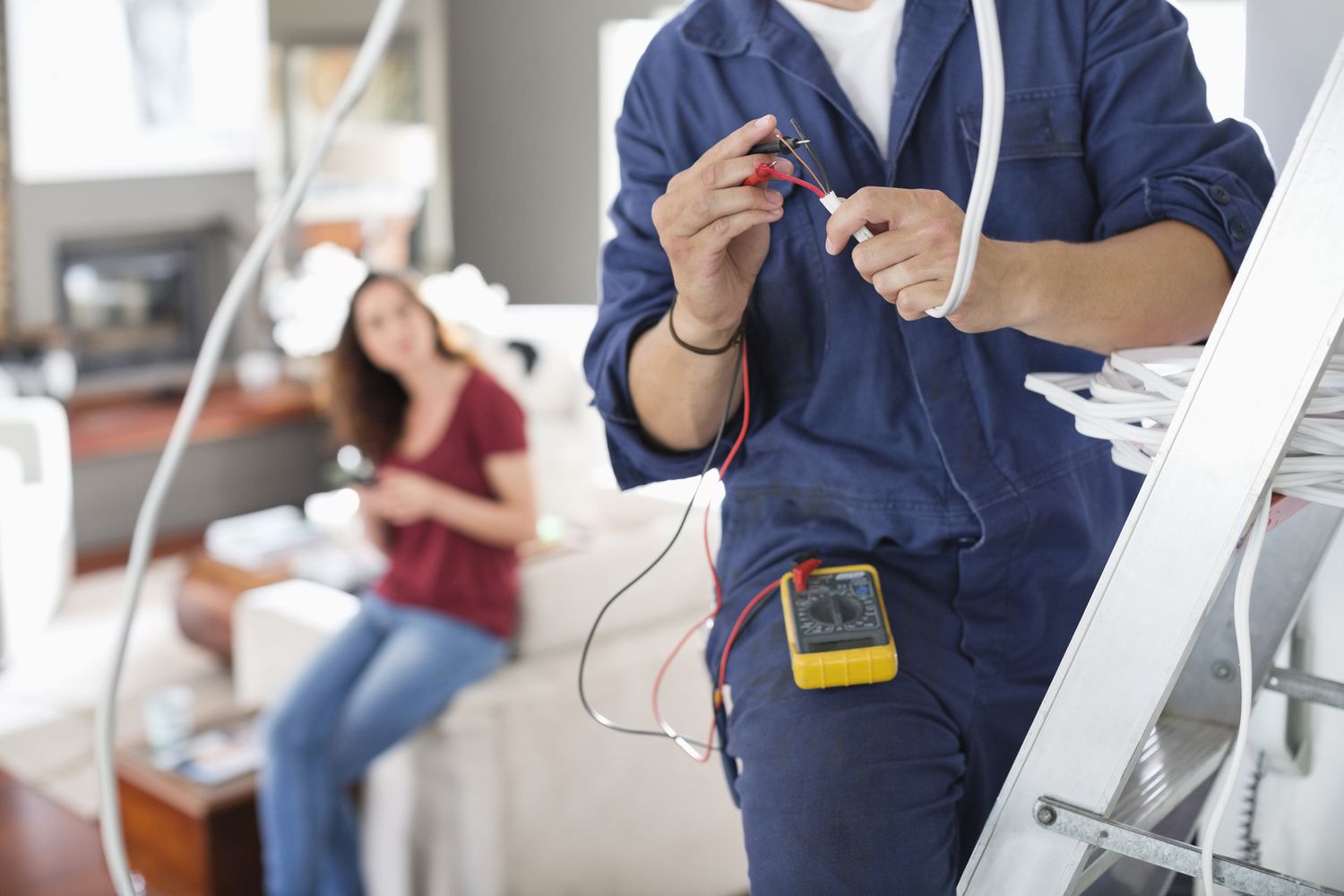
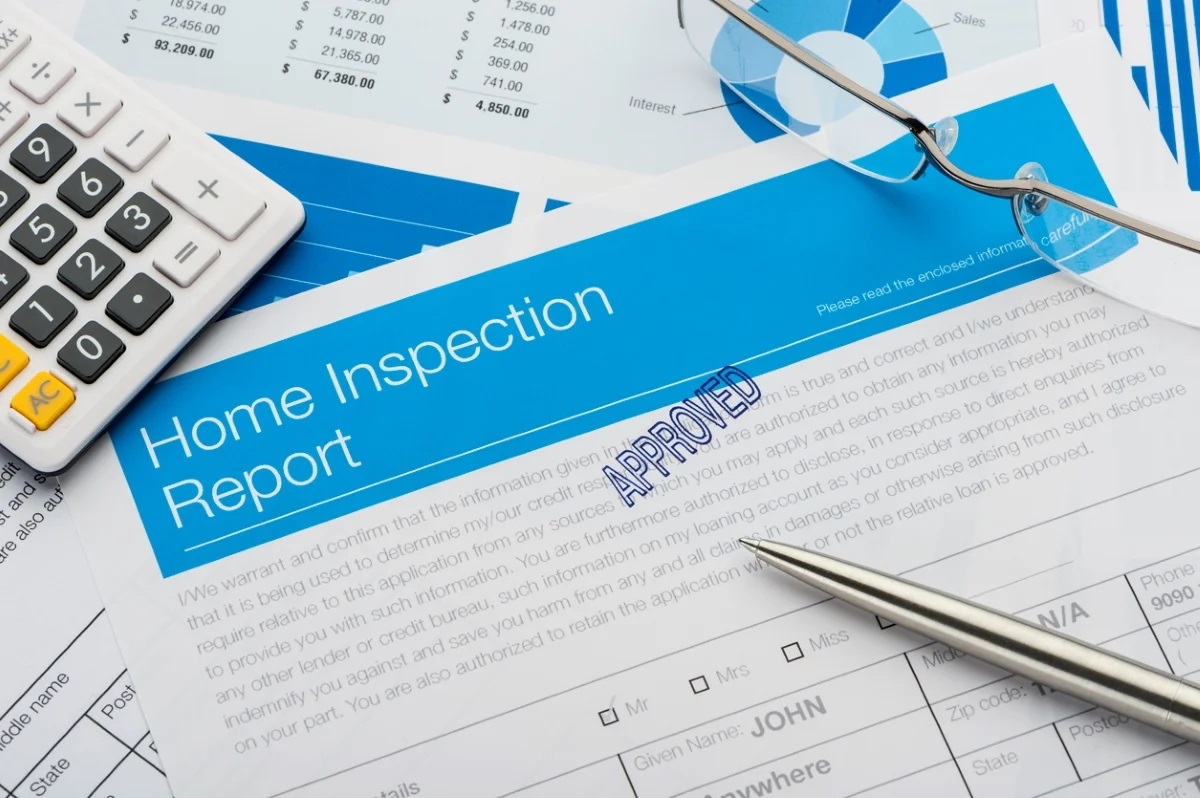





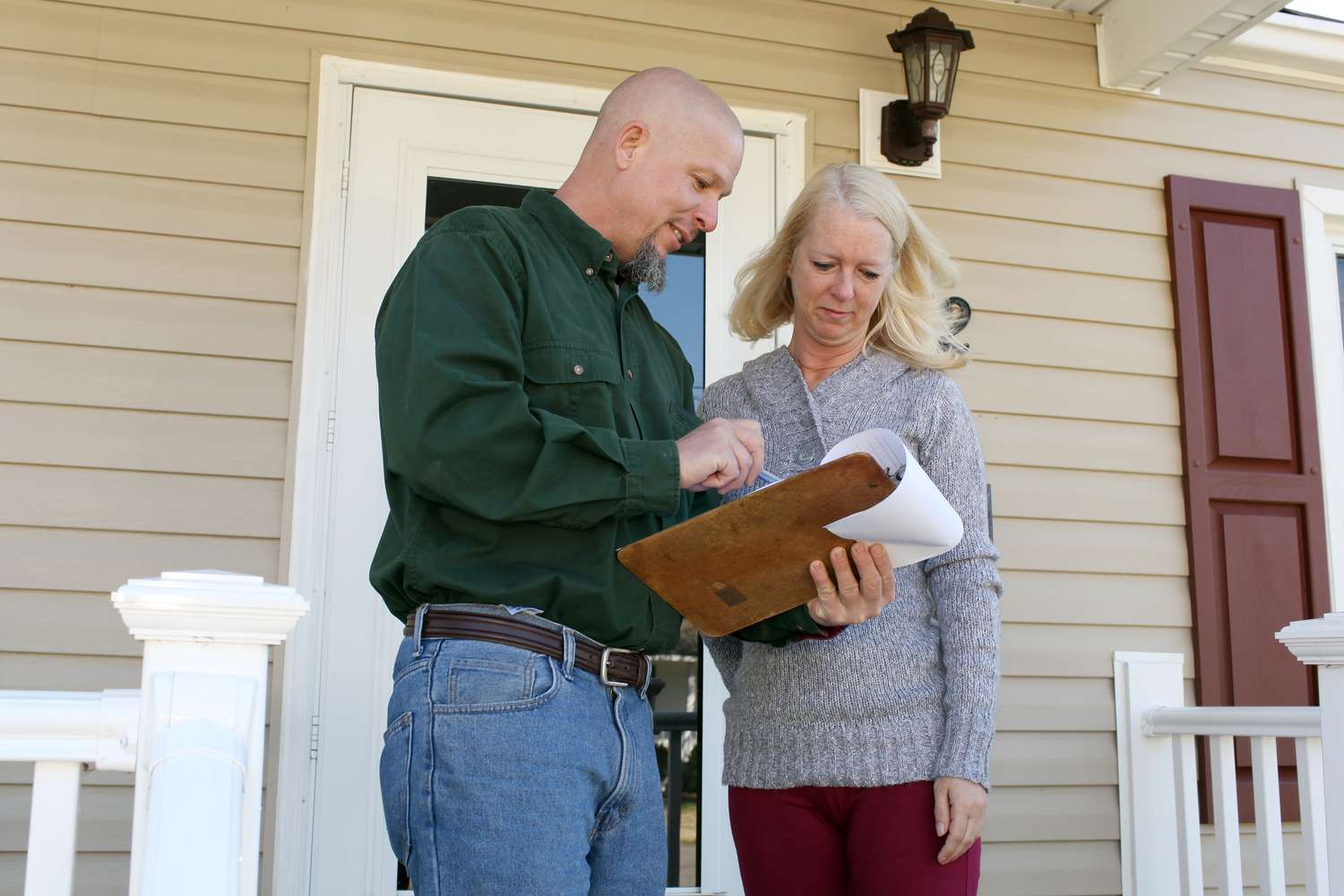
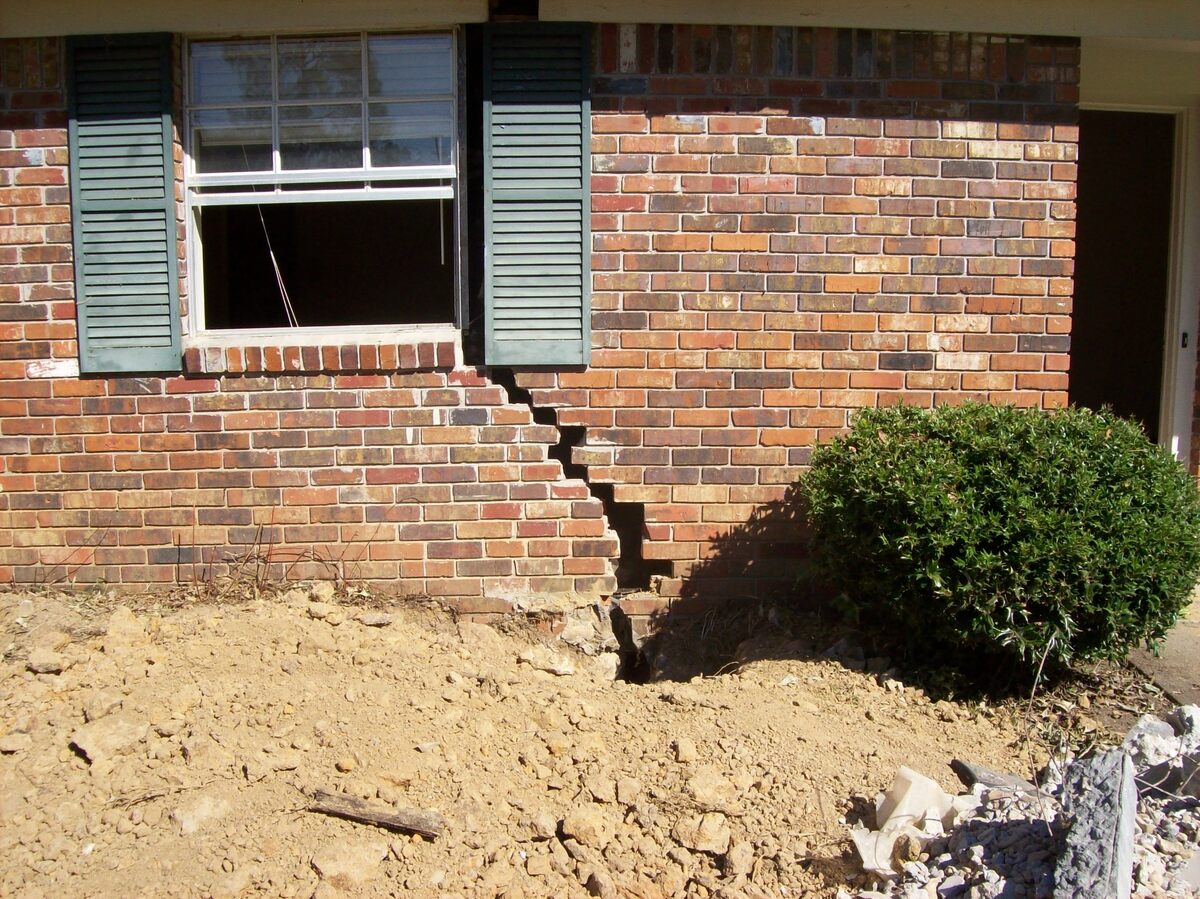
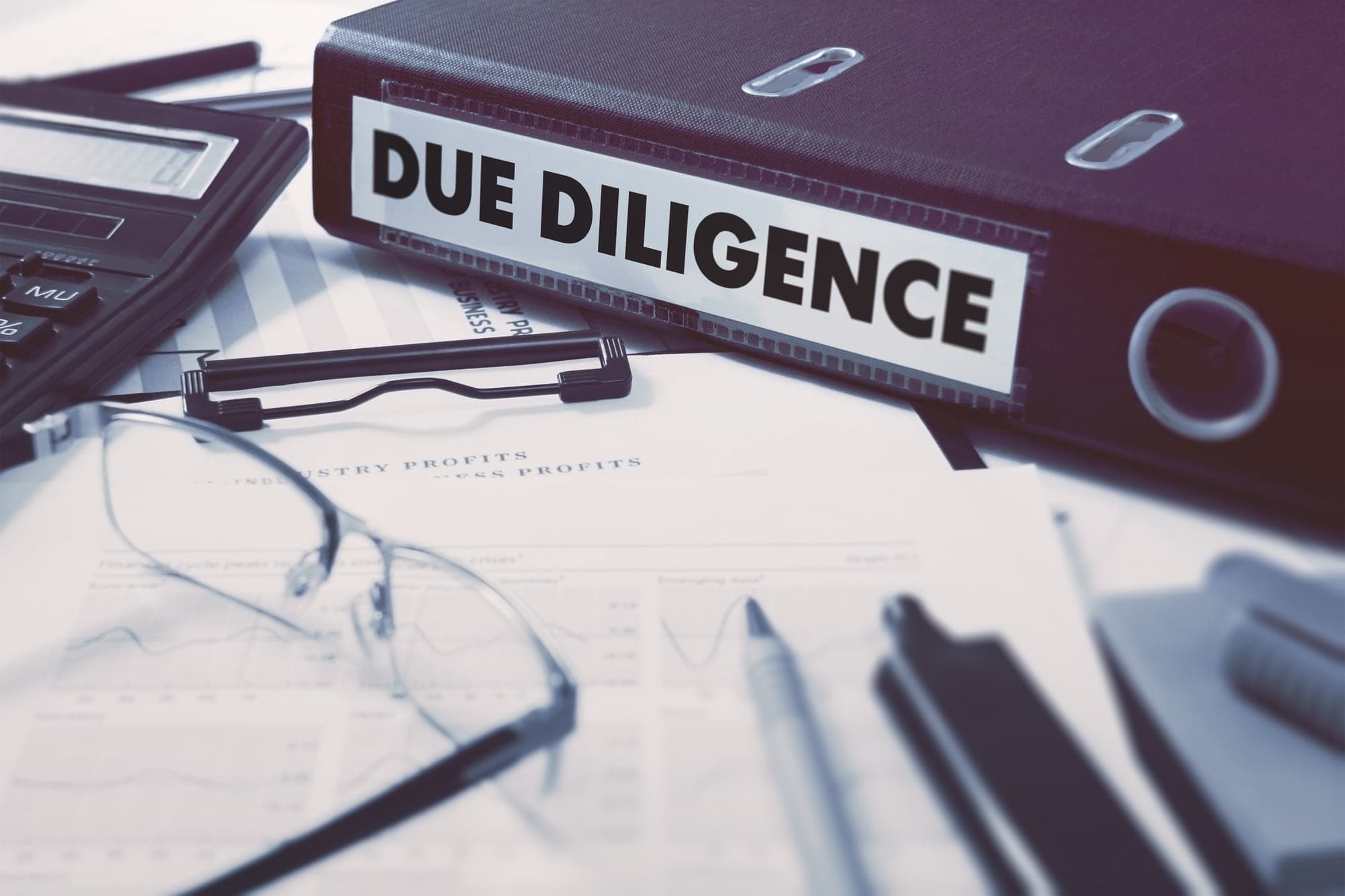



0 thoughts on “What Happens If A Buyer Does Not Have An Inspection Done Within 7 Days Of Contract?”